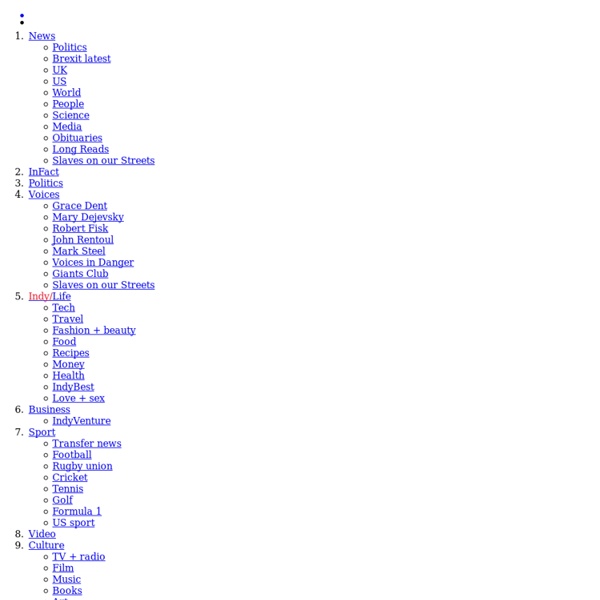The dark side of Dubai - Johann Hari - Commentators

Explaining White Privilege to a Broke White Person...
Years ago, some feminist on the internet told me I was "Privileged." "THE FUCK!?!?" I said. I came from the kind of Poor that people don't want to believe still exists in this country. So when that feminist told me I had "white privilege," I told her that my white skin didn't do shit to prevent me from experiencing poverty. After one reads McIntosh's powerful essay, it's impossible to deny that being born with white skin in America affords people certain unearned privileges in life that people of another skin color simple are not afforded. "I can turn on the television or open to the front page of the paper and see people of my race widely represented."" If you read through the rest of the list, you can see how white people and people of color experience the world in two very different ways. I do understand McIntosh's essay may rub some people the wrong way. And no, I couldn't go shopping without fear in our low income neighborhoods. I know now that I AM Privileged in many ways.
Respectability politics
Respectability politics or the politics of respectability refers to attempts by marginalised groups to police their own members and show their social values as being continuous and compatible with mainstream values rather than challenging the mainstream for its failure to accept difference. The concept was first articulated by Evelyn Brooks Higginbotham in her book Righteous Discontent: The Women's Movement in the Black Baptist Church, 1880—1920. In the context of Black American history, respectability politics was practised as a way of attempting to consciously set aside and undermine cultural and moral practices thought to be disrespected by wider society, especially in the context of the family and good manners.[1] The development of African American politics of responsibility has been traced to writers and activists including W. Campaigners for gay rights have also struggled with the issue of respectability politics.
Related:
Related:



